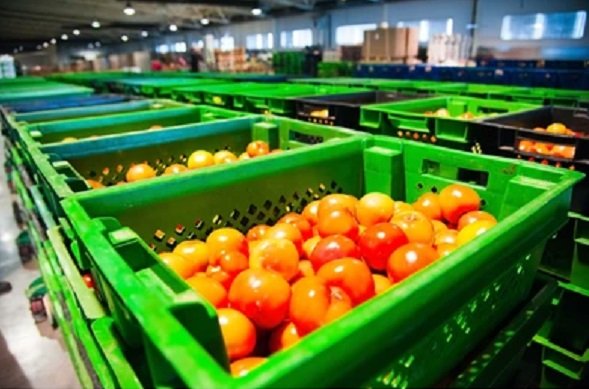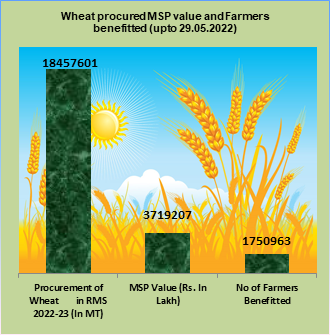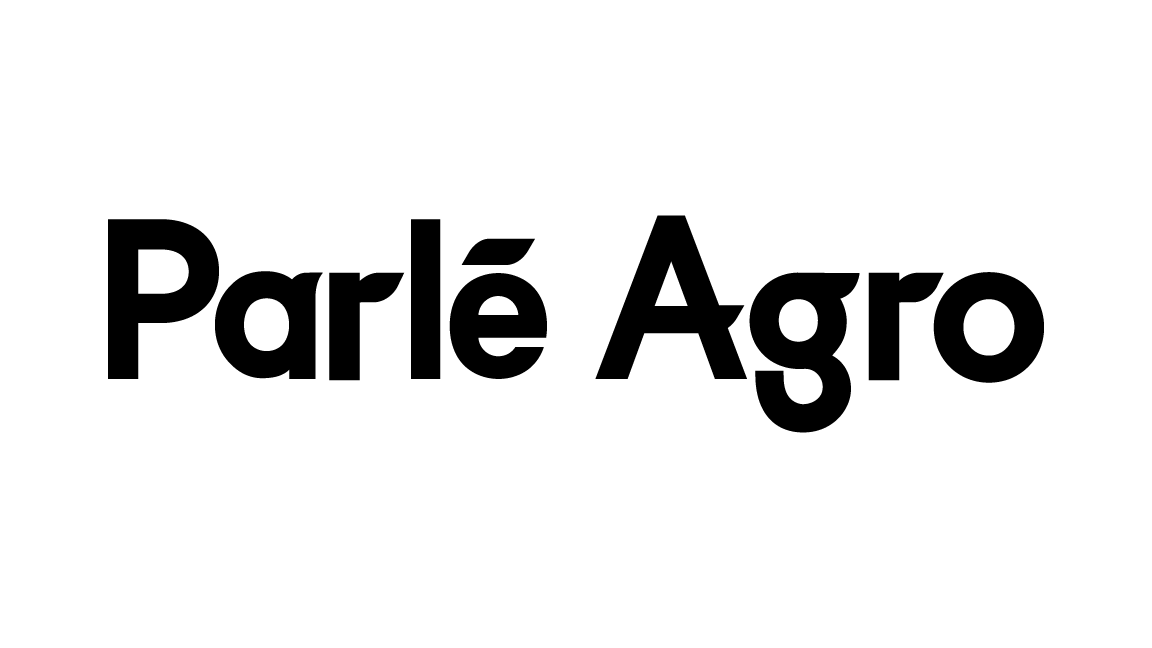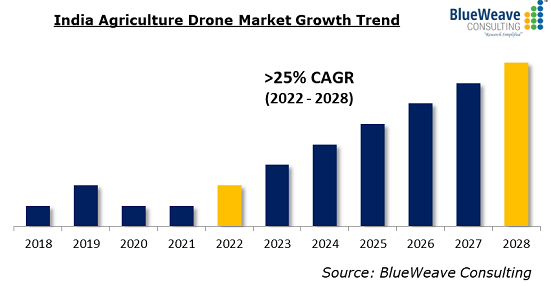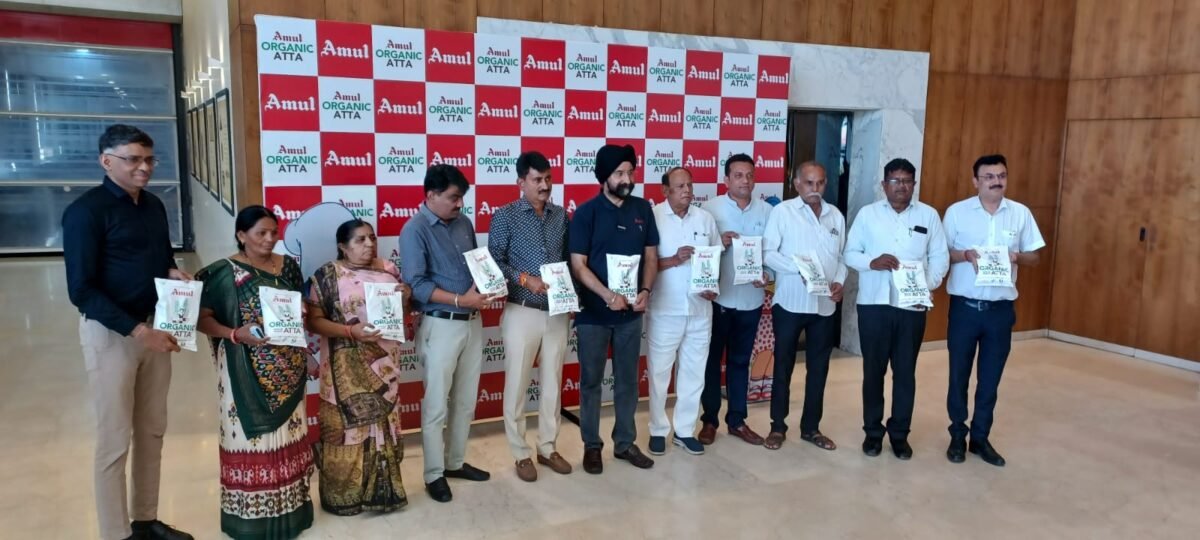Govt orders strict compliance during wheat export registration process
Directs to physically verify all documents of applicants for the export of wheat before issuing Registration Certificates
The Directorate General of Foreign Trade has directed Regional Authorities to physically verify all documents of applicants for the export of wheat before issuing Registration Certificates (RCs). The order has been issued to ensure that the exporters are not issued RCs based on improper documents.
In order to plug the loophole, it has been decided that regional authorities will do a physical verification of all Letters of Credit, whether already approved or under process. Wherever necessary, the help of a professional agency may be taken for such verification, the order adds.
The order lays down the following further checks:
1. Validation/endorsement by Recipient Bank to be ensured while doing physical verification
2. In cases where the LC date is on or before May 13, 2022, but the swift message/message exchange date between the Indian and Foreign bank is after May 13, 2022, regional authorities may conduct a full investigation and if these are found to be antedated, immediate proceedings under FT (D&R) Act, 1992 to be initiated against the exporters. Such cases are to be further examined by referring to enforcement agencies like the Economic Offence Wing (EOW) / Central Bureau of Investigation (CBI). In case of the complicity of any Banker in cases where ante-dating is established, necessary proceedings as per law will be initiated.
The Government of India had earlier (on 13th May 2022) restricted wheat exports to manage the overall food security situation in India and to support the needs of neighbouring and vulnerable countries that are adversely affected by the sudden changes in the global market for wheat and are unable to access adequate wheat supplies.
Directs to physically verify all documents of


